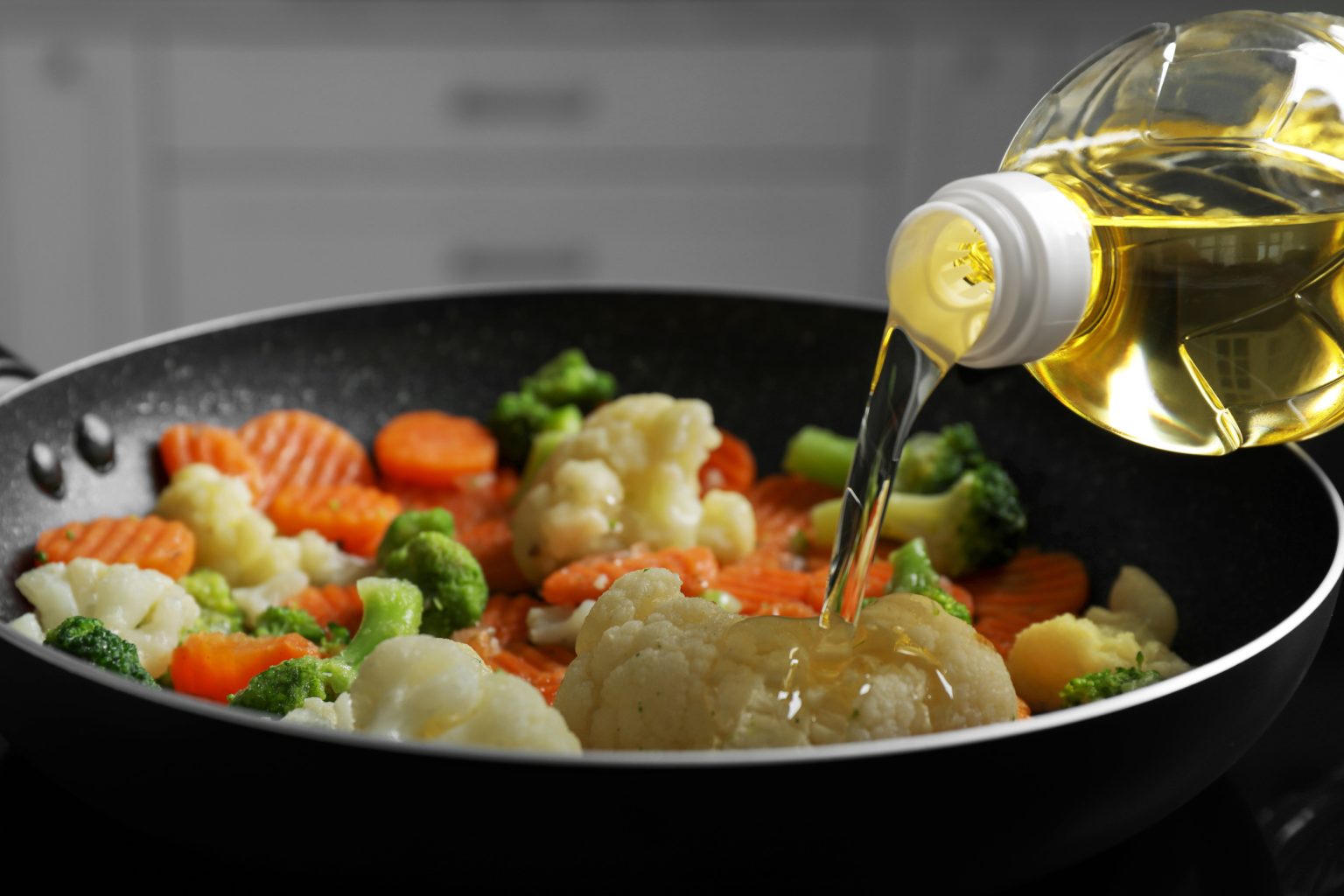The ubiquitous practice of cooking vegetables in oil, often at high temperatures, has recently come under scrutiny following a study highlighting the potential formation of trans fats, a known contributor to heart disease. While the precise link between trans fats and heart disease remains a subject of ongoing scientific discussion, there’s a consensus on the detrimental effects of this specific type of fat. Trans fats are predominantly associated with ultra-processed foods like margarine, chips, frozen pizza, and commercially produced baked goods. These foods often undergo a process called hydrogenation, where hydrogen is added to liquid unsaturated fats (like vegetable oil), transforming them into solid, shelf-stable trans fats. Excessive consumption of trans fats elevates "bad" LDL cholesterol levels and simultaneously lowers "good" HDL cholesterol, increasing the risk of heart disease, the leading cause of death in the United States.
The new research from Meijo University in Japan suggests that trans fats aren’t solely confined to ultra-processed foods. Their study revealed that cooking certain vegetables in vegetable oils at high temperatures, exceeding 285°F, can trigger the formation of trans fats. This phenomenon was particularly observed with garlic, onions, and leeks cooked in unsaturated fats like olive oil. Furthermore, brassica vegetables, including broccoli, cauliflower, Brussels sprouts, and cabbage, were also found to contribute to this process, known as trans-isomerization, where healthy unsaturated fatty acids (UFAs) convert into unhealthy trans fatty acids (TFAs). The researchers attributed this conversion to the presence of natural sulfur compounds in these vegetables.
The study delved into the influence of various factors on UFA isomerization, including temperature, cooking time, sulfur compound concentration, the type of sulfur compound, and the impact of adding antioxidants. Specifically, they identified isothiocyanates (found in brassicas) and polysulfides (found in garlic, onions, and leeks) as the sulfur-rich compounds responsible for generating trans fats at high temperatures. Interestingly, the study also found that incorporating antioxidants, such as vitamin E, when cooking isothiocyanate-rich vegetables could mitigate the formation of trans fats.
While the study demonstrated the potential for trans fat formation during high-temperature cooking of certain vegetables, the researchers emphasized that the quantities produced under normal cooking conditions are minimal and don’t warrant excessive concern for the average individual. The amount of trans fats created in this way is significantly lower compared to the levels found in processed foods. However, for individuals already at risk for heart disease, adopting cooking practices that minimize trans fat intake, such as cooking these vegetables at lower temperatures, could be a beneficial dietary adjustment.
This research doesn’t advocate for eliminating these nutritious vegetables from our diets. Instead, it provides valuable insights into how cooking methods can influence the nutritional composition of our food. The study emphasizes a nuanced understanding of cooking practices, particularly for those managing heart health risks. While avoiding excessively high temperatures when cooking sulfur-rich vegetables might be a prudent approach for some, the overall message is one of moderation and informed choices, not alarm. The benefits of incorporating these nutrient-rich vegetables into a balanced diet generally outweigh the minimal risks associated with trans fat formation during cooking.
The findings of this study, published in Food Research International, contribute to a growing body of knowledge surrounding dietary fats and their impact on health. While the link between diet and heart disease is complex and multifaceted, understanding the nuances of how cooking methods can influence the formation of potentially harmful compounds like trans fats empowers individuals to make informed decisions about their dietary habits. This research underscores the importance of ongoing scientific inquiry into the intricate relationship between food, cooking practices, and overall health, ultimately leading to more comprehensive dietary recommendations and healthier lifestyles.

